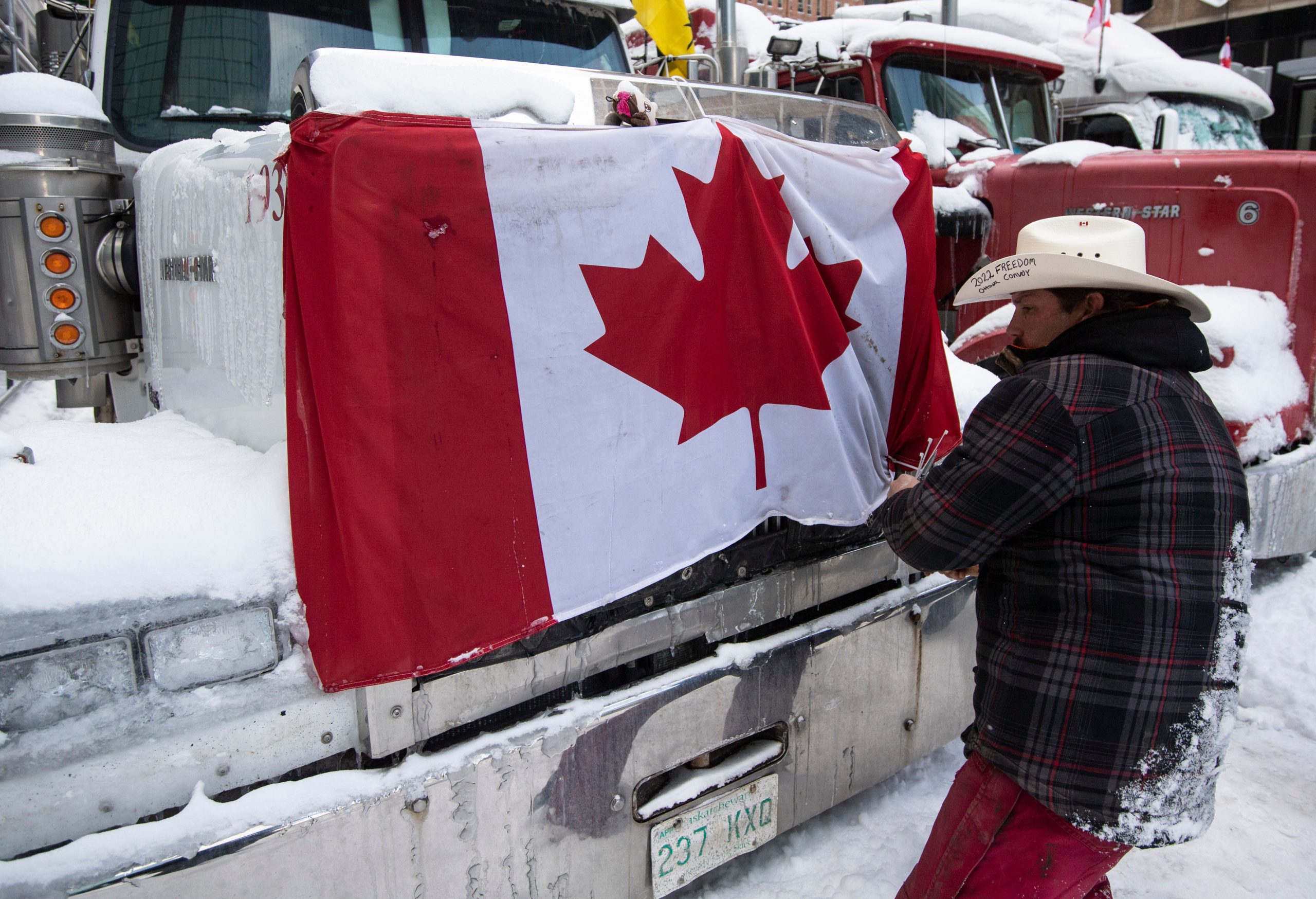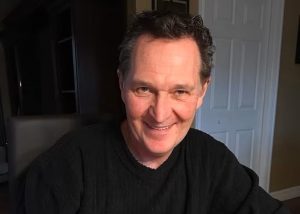Most of the streets around the Canadian Parliament are quiet now. The Ottawa protesters who vowed never to give up are largely gone, chased away by policemen in riot gear. The relentless blare of truckers’ horns has gone silent.
But the trucker protest, which grew until it closed a handful of Canada-U.S. border posts and shut down key parts of the capital city for weeks, could echo for years in Canadian politics and perhaps south of the border.
The protest, which was first aimed at a COVID-19 vaccine mandate for cross-border truckers but also encompassed fury over the range of COVID-19 restrictions and hatred of Prime Minister Justin Trudeau, reflected the spread of disinformation in Canada and simmering populist and right-wing anger.
Also read: After night in jail, Freedom Convoy leader says his protesting days are over
“I think we’ve started something here,” said Mark Suitor, a 33-year-old protester from Hamilton, Ontario, speaking as police retook control of the streets around Parliament. Protesters had essentially occupied those streets for more than three weeks, embarrassing Trudeau and energising Canada’s far right. Suitor believes the protests will divide the country, something he welcomes.
“This is going to be a very big division in our country,” he said. “I don’t believe this is the end.”
While most analysts doubt the protests will mark a historic watershed in Canadian politics, it has shaken both of Canada’s two major parties.
Also read: G7 countries warn of ‘massive consequences’ if Russia invades Ukraine
“The protest has given both the Liberals and the Conservatives a black eye,” said Nelson Wiseman, a political science professor at the University of Toronto. Trudeau’s Liberals look bad for allowing protesters to foment weeks of chaos in the capital city, he said, while the Conservatives look bad for championing protesters, many of them from the farthest fringes of the right.
The conservatives “have to be careful not to alienate more moderate voters, who are generally not sympathetic to the protesters or right-wing populism more generally,” said Daniel Béland, a political science professor at McGill University in Montreal.
Also read: Canada police use stun grenade, pepper spray to clear protests in Ottawa
The self-styled Freedom Convoy shook Canada’s reputation for civility, inspired convoys in France, New Zealand and the Netherlands and interrupted trade, causing economic damage on both sides of the border. Hundreds of trucks eventually occupied the streets around Parliament, a display that was part protest and part carnival.
Authorities moved quickly to reopen the border posts, but police in Ottawa did little but issue warnings until the past couple days, even as hundreds and sometimes thousands of protesters clogged the streets of the city and besieged Parliament Hill.
Also read: Canada police start arresting protesters in Ottawa
Truckers ignored warnings that they were risking arrest and could have their rigs seized and bank accounts frozen under the new emergency powers invoked by Trudeau. The truckers, parked on the streets in and around Parliament, blared their horns in defiance of a court injunction against honking, issued after residents said the constant noise was making the neighbourhood unlivable.
On Friday, authorities launched the largest police operation in Canadian history, arresting a string of Ottawa protesters and increasing that pressure on Saturday. Eventually, police arrested at least 170 people and towed away dozens of vehicles. Many protesters retreated as the pressure increased.







